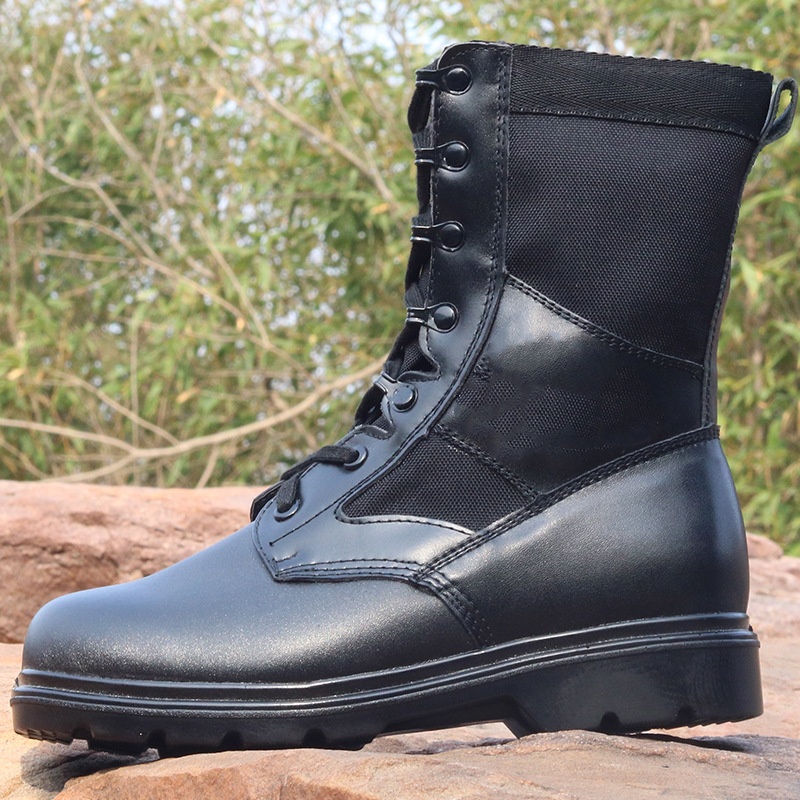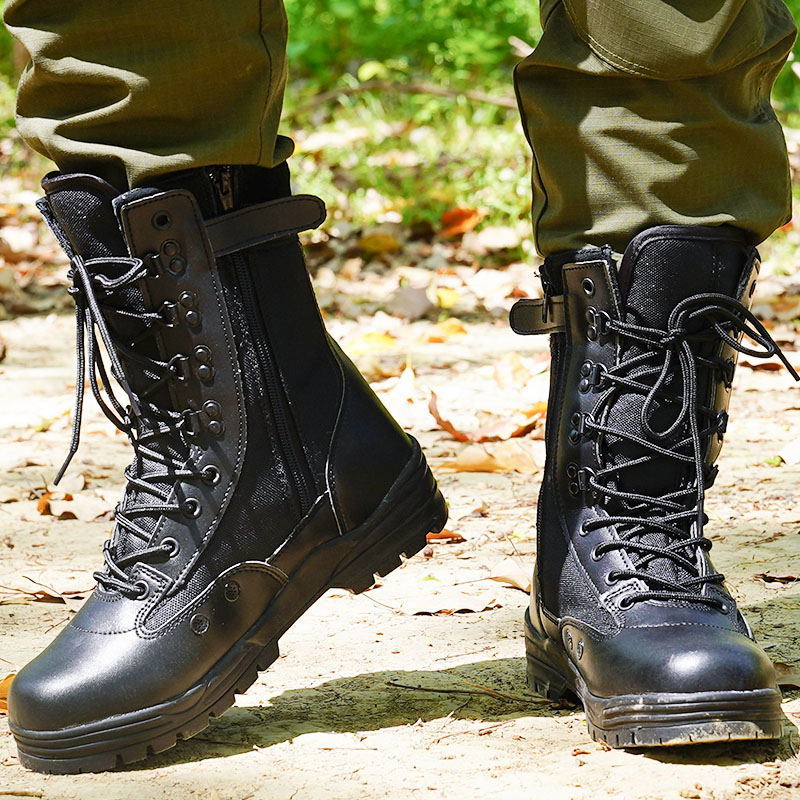Prevent hydrolysis is essential for all footwear materials that feature a porous PU (polyurethane) midsole. A concern that spans across various manufacturers. Prolonged storage and non-use are known to hasten the onset of hydrolysis. Leather boots with a PU midsole are particularly vulnerable when exposed to damp conditions for extended periods, as the material becomes increasingly porous and is likely to degrade over time.

Main Causes of Hydrolysis
The most common cause of hydrolysis in leather boots is lack of use. Storing boots at the back of a closet for weeks or months can lead to material degradation over time. The situation worsens if they are stored in a damp or humid environment rather than a dry, well-ventilated one. Wearing boots in wet, muddy conditions and failing to clean and dry them properly can also accelerate this process.
Key Tips to Prevent Hydrolysis
- Wear Your Boots Regularly: The best and simplest way to prevent hydrolysis damage to your boots is to wear them frequently and avoid prolonged storage. This will provide them with the necessary air and prevent moisture accumulation during long-term storage.
- Clean Your Boots Regularly: This is particularly important if you’ve just walked through wet, muddy conditions. Chemicals in certain pesticides and excrement can erode the sole and glue. Always ensure you thoroughly clean your boots before storing them and make sure they are completely dry.
- Well-Ventilated Space: When you’re ready to store your boots. Make sure to choose a dry, well-ventilated space and avoid dark, damp, and humid closets. This is key to preventing hydrolysis in leather boots. As it will provide them with the necessary air and prevent moisture accumulation.
- Avoid Direct Heat: Heat is also a factor that can accelerate the hydrolysis process in leather boots. So try to avoid regularly exposing your boots to direct heat or high temperatures. This includes avoiding storing them near direct heat sources and not using hairdryers or other devices to speed up the drying process.
